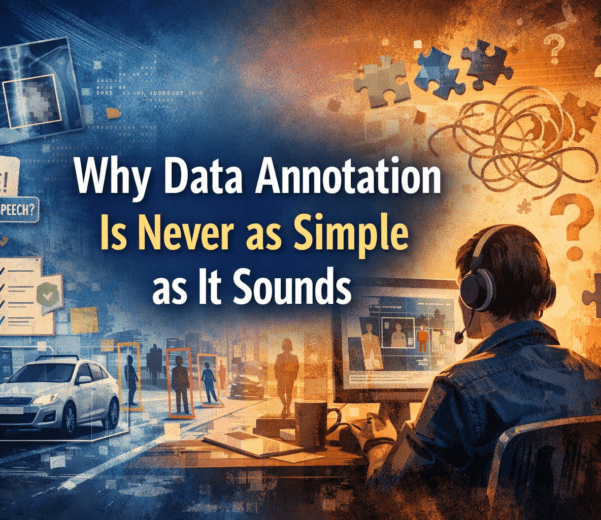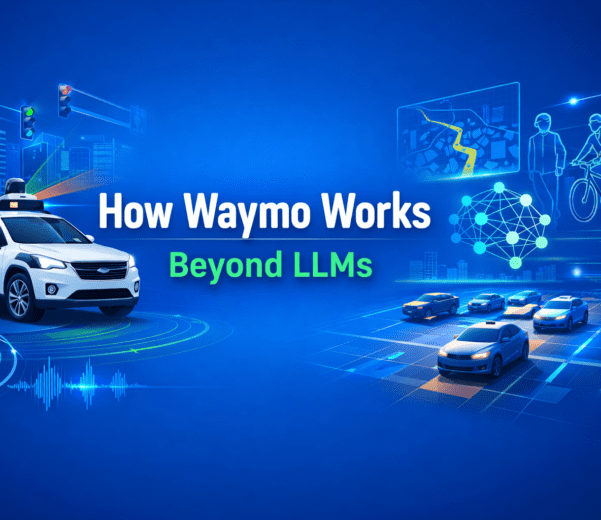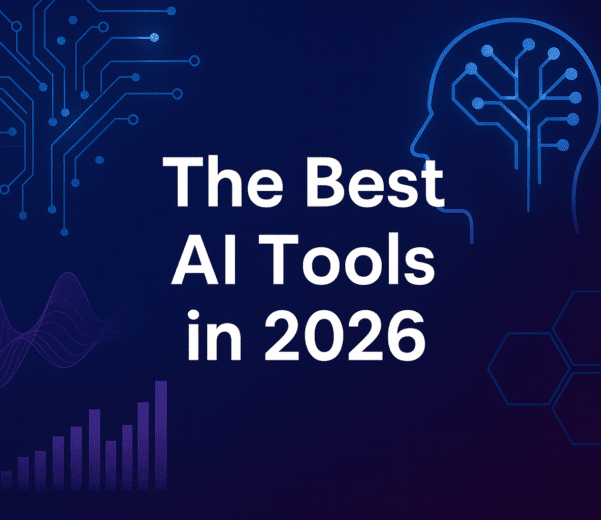Artificial Intelligence (AI) is revolutionizing the way we live and work, and it has the potential to transform education as well. AI can be used to enhance education in many ways, including personalized learning, intelligent tutoring systems, automated grading and feedback, and adaptive assessments. In this article, we will explore the potential for AI to improve education, with a focus on personalized learning.
What is personalized learning?
Personalized learning is an approach to education that tailors instruction and learning experiences to meet the unique needs and interests of each student. Personalized learning recognizes that each student has their own learning style, pace, and preferences, and it seeks to accommodate those differences to optimize learning outcomes. Personalized learning can be achieved through various strategies, such as differentiated instruction, project-based learning, and self-paced learning.

How can AI support personalized learning?
AI has the potential to support personalized learning in many ways. Here are some examples:
- Learning analytics
Learning analytics is the process of collecting and analyzing data about student learning to inform instructional decisions. AI can be used to analyze large amounts of data to identify patterns, trends, and insights about student learning. Learning analytics can help teachers understand how students are progressing, where they are struggling, and what they need to succeed.
2. Adaptive learning
Adaptive learning is a method of delivering instruction that adapts to the individual needs of each student. AI can be used to create adaptive learning environments that adjust the pace, level, and style of instruction based on each student’s performance and preferences. Adaptive learning can help students learn more effectively and efficiently, and it can also free up teachers’ time to focus on higher-level tasks.
3. Intelligent tutoring systems
Intelligent tutoring systems are AI-powered platforms that provide personalized instruction and feedback to students. These systems use algorithms to analyze student data and provide tailored instruction, feedback, and support. Intelligent tutoring systems can help students learn at their own pace, provide immediate feedback, and enable teachers to monitor student progress more effectively.
4. Chatbots
Chatbots are AI-powered virtual assistants that can provide personalized support and guidance to students. Chatbots can answer questions, provide feedback, and offer suggestions to help students learn more effectively. Chatbots can also provide personalized recommendations for learning resources, such as videos, articles, and interactive simulations.
5. Natural language processing
Natural language processing (NLP) is an AI technology that enables computers to understand and interpret human language. NLP can be used to create chatbots, virtual assistants, and other AI-powered tools that can interact with students in natural language. NLP can help students learn more effectively by enabling them to ask questions, receive feedback, and engage in conversations with AI-powered tools.

Benefits of personalized learning with AI
Personalized learning with AI offers many potential benefits, including:
- Improved learning outcomes
Personalized learning can help students learn more effectively by tailoring instruction and learning experiences to their unique needs and interests. By using AI-powered tools to deliver personalized instruction, feedback, and support, students can achieve better learning outcomes and acquire new knowledge and skills more efficiently.
2. Increased engagement
Personalized learning can increase student engagement by enabling students to learn at their own pace, explore their interests, and receive personalized feedback and support. AI-powered tools can also provide interactive and immersive learning experiences that can increase student motivation and engagement.
3. Enhanced efficiency
Personalized learning with AI can increase instructional efficiency by automating routine tasks such as grading, feedback, and assessment. This can free up teachers’ time to focus on higher-level tasks such as creating engaging learning activities and providing personalized support to students.
4. More inclusive education
Personalized learning with AI can create a more inclusive education environment by accommodating the unique needs and preferences of each student. AI-powered tools can provide students with disabilities or learning differences with the support they need to succeed, such as alternative formats for content, customized pacing, and personalized feedback. This can help ensure that all students have equal access to education and can reach their full potential.
5. Data-driven decision-making
Personalized learning with AI can provide teachers and administrators with valuable data about student learning, which can inform instructional decisions and improve educational outcomes. By analyzing student data, educators can identify areas where students are struggling, adjust instruction accordingly, and track student progress over time.

Challenges and concerns
While personalized learning with AI offers many potential benefits, there are also several challenges and concerns that must be addressed. Here are some examples:
- Privacy and security
Personalized learning with AI involves collecting and analyzing large amounts of data about students, which raises concerns about privacy and security. It is important to ensure that student data is collected, stored, and used in accordance with ethical and legal standards, and that appropriate measures are in place to protect student privacy and security.
2. Bias and fairness
AI systems can be biased if they are trained on biased data or if the algorithms are not designed to account for cultural or social factors. It is important to ensure that AI-powered tools are fair and unbiased, and that they do not perpetuate or amplify existing inequalities.
3. Teacher training and support
Personalized learning with AI requires teachers to have the skills and knowledge to use AI-powered tools effectively. It is important to provide teachers with adequate training and support to ensure that they can integrate AI-powered tools into their instruction in a meaningful and effective way.
4. Ethical considerations
AI-powered tools raise ethical considerations, such as whether it is appropriate to use AI to make decisions about students or to replace human teachers with AI-powered tools. It is important to consider the ethical implications of using AI in education and to ensure that AI-powered tools are used in ways that align with ethical and moral principles.

Conclusion
AI has the potential to transform education by enabling personalized learning, which can help students learn more effectively and efficiently, increase engagement, and create a more inclusive education environment. However, there are also challenges and concerns that must be addressed, such as privacy and security, bias and fairness, teacher training and support, and ethical considerations. By addressing these challenges and harnessing the potential of AI, we can create a more effective, engaging, and inclusive education system that meets the needs and preferences of all students.












